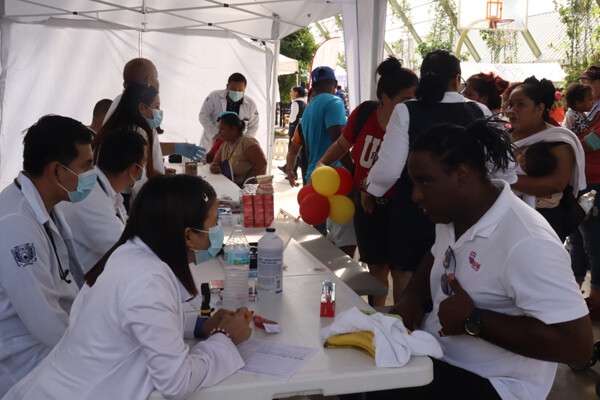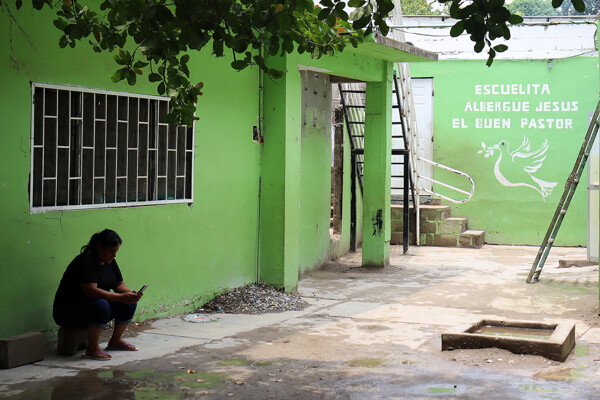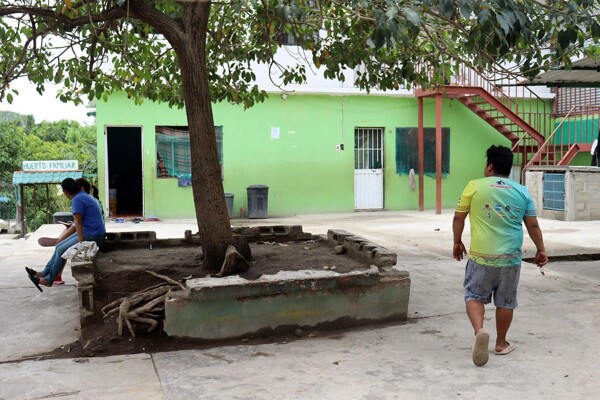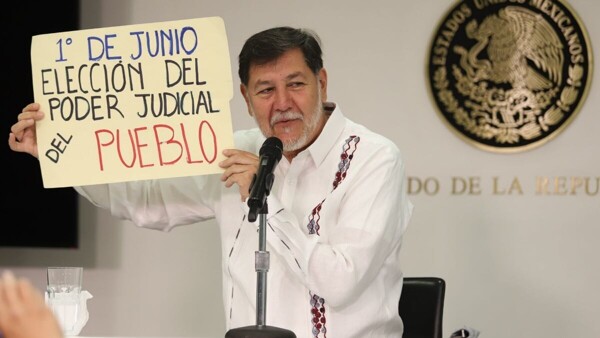
Activists and shelters on the southern border of Mexico have noticed a decrease in the flow of migrants in the region after five weeks of new restrictions imposed by U.S. President Donald Trump and the deployment of the Mexican National Guard. According to José Antonio Chol Ruiz, representative of the Leftist Organizations Block Forever, the decrease in the number of people is due to the pause in asylum in the United States and the 'closure' at the border announced by Trump. Many migrants are now considering returning to their home countries.
In an interview with EFE, Chol Ruiz detailed that a significant decrease has been observed in places where migrants used to gather, such as banks and parks, and that they are now facing difficulties with high accommodation costs in Tapachula, the main city on the border with Central America. Migrants have expressed demotivation in the face of Trump's measures, such as mass deportations and the end of 'CBP One' application for seeking asylum from Mexico.
Chol Ruiz predicts that migration will temporarily decrease, but believes it will eventually normalize. He emphasized the importance of providing support to those migrants who are in debt in their home countries and are frustrated by not being able to reach the United States. Meanwhile, Mexico's president, Claudia Sheinbaum, mentioned that encounters with irregular migrants at the border are at a historically low level, with 367 recorded on February 17.
On the southern border, 10,000 elements of the National Guard have been deployed to combat drug trafficking and migration according to an agreement with Trump. Operations to apprehend undocumented individuals in the region have intensified. Conde, a Haitian citizen in Tapachula, highlighted the importance of migrants carrying their documents to avoid problems with authorities conducting patrols and operations in the neighborhoods.
Hondurans like Conde and Luis Felipe have noticed a reduction in the presence of migrants in shelters and meeting points. They express that many have difficulty finding work and face adverse situations in their home countries. Despite this, they advise foreigners to approach institutions such as the Mexican Commission for Refugee Assistance and Migration to obtain the necessary papers and regularize their situation in Mexico. On Monday, a group of 242 deported migrants, including women and children, returned to Venezuela on a plane from Mexico, according to information from the Venezuelan Ministry of Interior.














